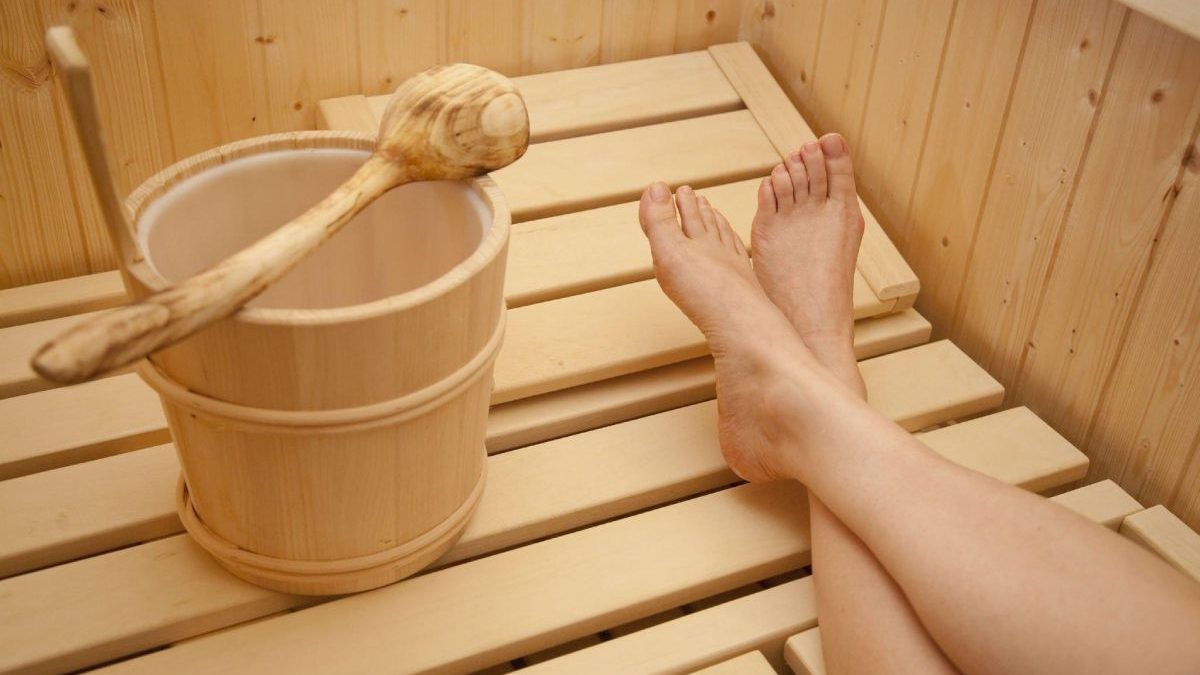Whether it makes sense to go to the sauna when you have a cold varies from case to case. We’ll tell you what to do instead and how you can prevent colds with regular sauna sessions. In any case, going to a sauna is healthy and makes as much fun as playing Avalon78.
Some people swear by “sweating out” their cold in the sauna. Others advise against visiting the sauna when you have a cold. The reasons for this are obvious:
If you go to the sauna with a cold, you can very quickly infect other people there.
If you have a cold, your immune system is already weakened. The sauna is then not the right place: Here, the immune system is put under additional strain by the hot-cold alternation and cannot recover.
Germs do not do well in the heat. They actually die quickly at a temperature of 90 degrees. However, such heat is a strain on your circulation, and at temperatures of around 50 or 60 degrees, germs live longer and your mucous membranes dry out. This makes it easier for germs to settle.
A sauna does not help with a runny nose. However, the high humidity of a steam sauna can loosen stubborn mucus in the bronchial tubes and sinuses. If you’re already feeling better but can’t stop coughing, a visit to the steam sauna could provide relief.
Table of Contents
FINLAND: GOING TO THE SAUNA WITH A COLD
Sauna with a cold? Better not. Experienced sauna-goers, like many people in Finland, go to the sauna even when they have a cold. Their cardiovascular system is used to frequent saunas, so a sauna session during the cold season doesn’t bother them as much.
Once the cold symptoms have subsided, you can go back to the sauna. Because at this point you are no longer contagious and the germs in your body are no longer multiplying.
Please note: taking a sauna does not help to speed up your healing process. If you don’t feel fit again yet, it’s better to wait a few more days.
SAUNA AS PREVENTION AGAINST COLDS
In fall and winter, the sauna is a great way to strengthen your immune system. The rapid alternation between hot sauna and cold water hardens the immune system:
- The heat ensures that the blood vessels expand and the body can relax.
- The blood can also flow faster.
- The ice-cold shower then causes the blood vessels to suddenly contract again – this is similar to exercise.
- However, the preventive effect only becomes apparent two to three months later and only with regular use (about once or twice a week).
OTHER SIDE EFFECTS OF GOING TO A SAUNA
Regardless of having a cold or want to prevent one, there are several other reasons to go once in a while to a sauna.
1. Relaxation and Stress Reduction
Mechanism: The heat in a sauna helps relax muscles and release tension.
Impact: Regular sauna use can lead to lower stress levels and improved mental health.
2. Improved Cardiovascular Health
Effect: The heat increases heart rate, similar to moderate exercise.
Benefits: Regular sauna use can improve cardiovascular function and reduce the risk of heart disease.
3. Detoxification
Process: Sweating induced by the high heat can help eliminate toxins from the body.
Result: Potential improvement in overall health and well-being.
4. Pain Relief
Relief Mechanism: Heat therapy can reduce muscle soreness and joint pain.
Applications: Beneficial for individuals with conditions like arthritis or muscle injuries.
5. Improved Sleep
Influence: The relaxation effect of the sauna can promote better sleep patterns.
Outcome: Regular users often report improved sleep quality.
6. Skin Health
Effect on Skin: Sweating opens pores and helps cleanse the skin.
Result: Potential improvement in skin clarity and texture.
7. Respiratory Benefits
Steam Saunas: Can help clear congestion and improve breathing.
Applicable For: Particularly beneficial for individuals with conditions like asthma or bronchitis.
8. Immune System Boost
Mechanism: Some studies suggest that heat exposure can increase the production of white blood cells.
Effect: Potentially leads to a stronger immune system and better illness resistance.
9. Social and Cultural Benefits
Social Aspect: Saunas are often used as a communal activity, promoting social interaction.
Cultural Significance: In many cultures, sauna-going is a cherished tradition with mental and social benefits.
Sauna use has a range of positive effects on both physical and mental health. From relaxation and stress reduction to improved cardiovascular health and pain relief, the benefits cover various aspects of well-being. Regular sauna sessions can be a valuable part of a holistic approach to health and wellness. As with any health activity, it’s important to use the sauna safely, particularly for individuals with certain health conditions or those who are pregnant. Consulting with a healthcare provider is recommended to ensure sauna use is appropriate for your individual health needs.


